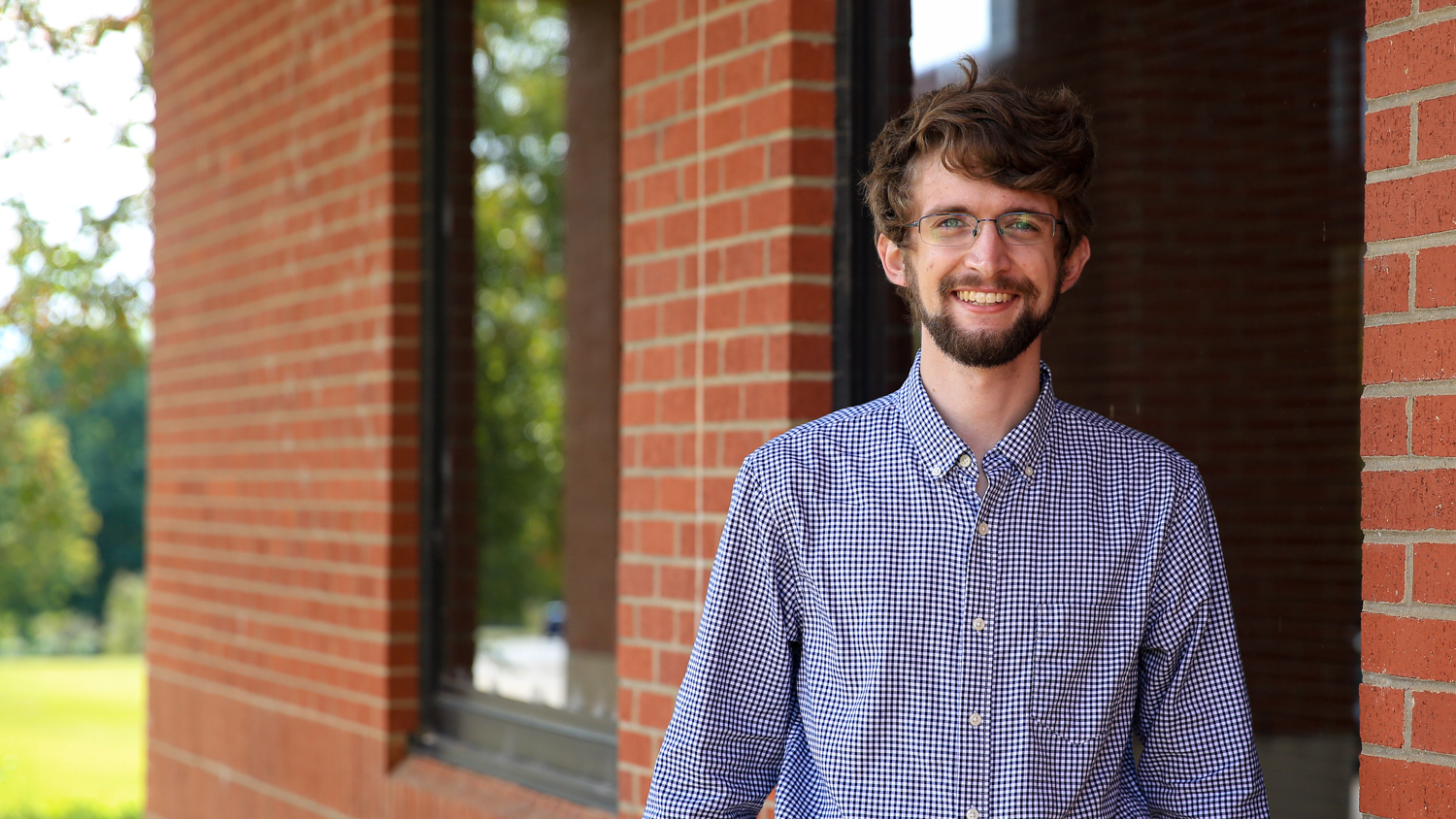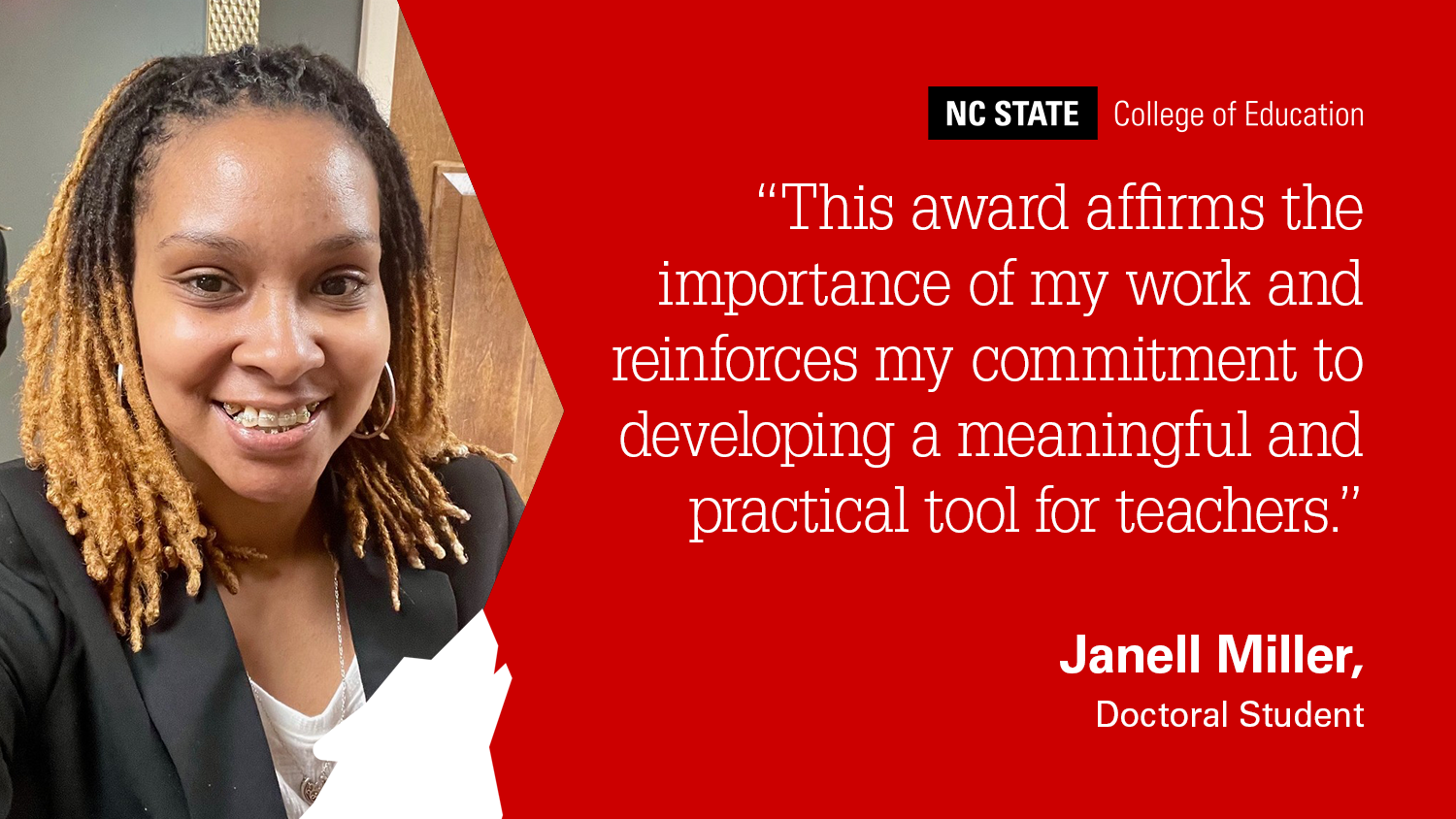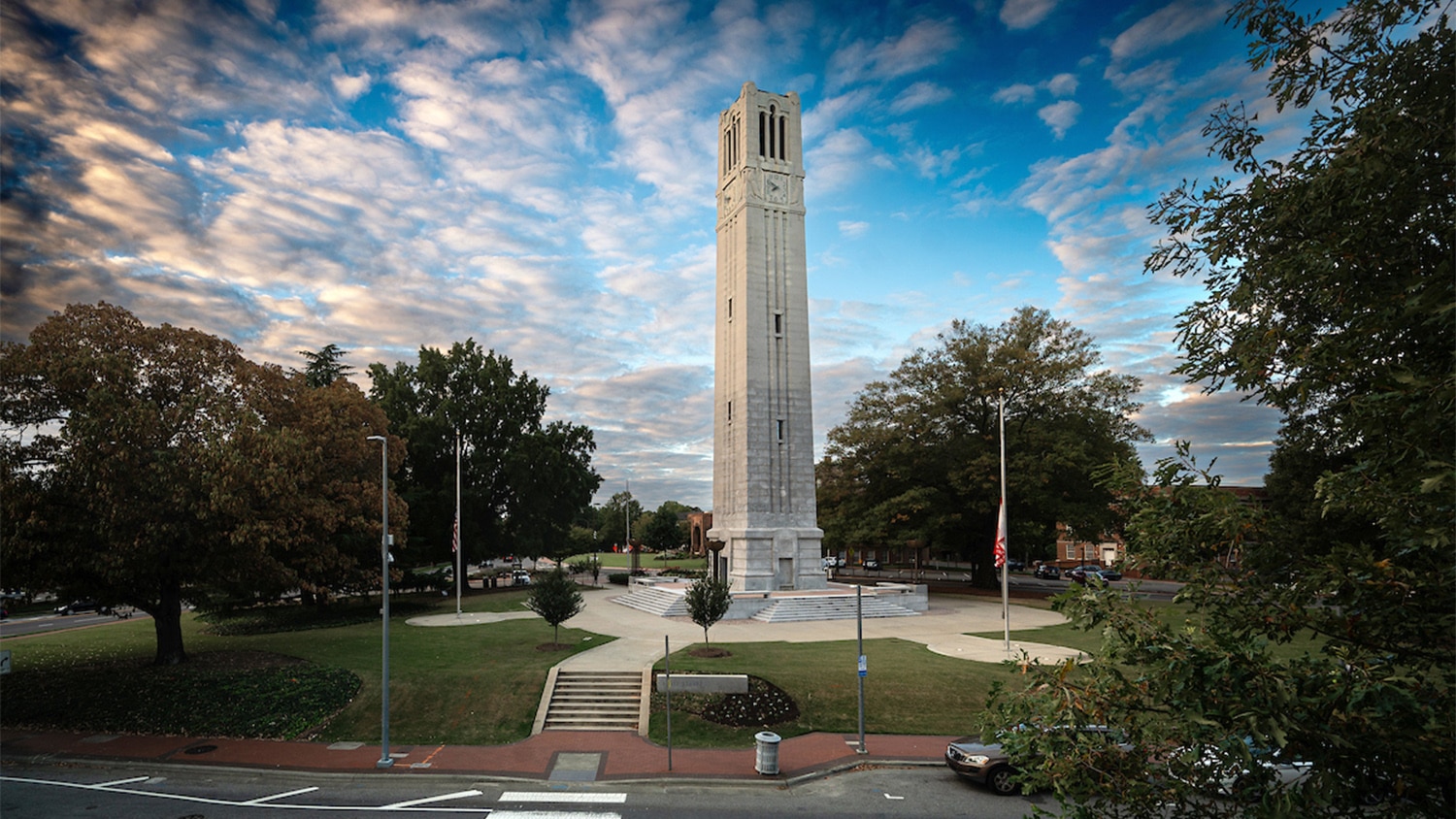Wilson College Student Honored for Role in Updating Crucial Safety Standards

By Sarah Stone
March 2020 is often remembered as a time when “the world stopped” because of the COVID-19 pandemic, but some responsibilities simply could not be put on hold. That includes the work of ASTM International.
Even if you aren’t familiar with ASTM, you’re probably impacted by its decisions just about every day. The association sets standards for test methods, specifications and more that are followed by companies and manufacturers around the globe. That includes everything from how roller coasters should be maintained to how certain water quality tests should be conducted.
“What you may think is a very small change that you may incorporate to a measurement here or there really has a pretty large impact when people start using it across the world,” Assistant Professor Bryan Ormond explains.
Dr. Ormond, who chairs an ASTM subcommittee dedicated to personal protective equipment (PPE) chemical hazards, found himself in a difficult position in the spring of 2020. If a standard on chemical permeability wasn’t revised soon, it would be withdrawn. In other words, a standard for this would no longer exist. On the other hand, Ormond was in the middle of urgent mask and PPE research. He turned to his graduate student, Andrew Hall, for assistance.
“This was absolutely a standard that I tried to give to other people in the industry a number of times, but they got it only so far and then either they retired or handed it off to somebody else,” Ormond says.“Andrew was already researching permeation.”
With much of the initial leg work already done, much of Hall’s responsibility revolved around the communication and diplomacy required to get a diverse team of standards makers to come to an agreement.
“Everyone has to vote on approving the standard, and so there are some negatives. A lot of people gave suggestions, so I reached out to some of the people who had requested changes,” Hall, a fiber and polymer science doctoral student, says. “I worked on getting their input and making those changes and changing the wording so that everyone approved of it and it was understood by everybody.”
In June of 2021, the ASTM Committee F23 on Personal Protective Clothing and Equipment recognized Hall with an Award of Appreciation for his work on the standard.
“He did a really good job of pulling everything together when I was never going to have time to do that,” Ormond says.
He saw an opportunity to express his gratitude when nominations opened up for the ASTM International Emerging Professionals Program. Hall was one of only 10 people — and one of only two students — selected.
As a part of this honor, Hall attended a workshop to gain a foundational understanding of ASTM. His advisor sees the program as a crucial way to help researchers in their transition to the standards world.
“Part of the purpose of the emerging professionals program is to help bring in new people,” Ormond says. “There are a lot of people that are either close to retirement or retiring, now or in the next few years, so it’s really important to continue to bring people in, but also not to just drop them off, like I was, where you have no idea what’s happening.”
Ultimately, this program prepares Hall for a career spent keeping consumers and employees safe.
“We can make a new product, but it only impacts the people that buy it and use it,” Ormond says. “If we change the standards, we change the entire market and every product that’s out there.”
Hall Receives Fellowship from AATCC
Andrew Hall’s work has also recently been recognized by the American Association of Textile Chemists and Colorists (AATCC). He received the the Grady, Hauser, Houser, Daniels Graduate Fellowship from AATCC in August. All graduate students in polymer science at the Wilson College were eligible to apply for the $5,000 fellowship.
This post was originally published in Wilson College of Textiles News.
- Categories:


